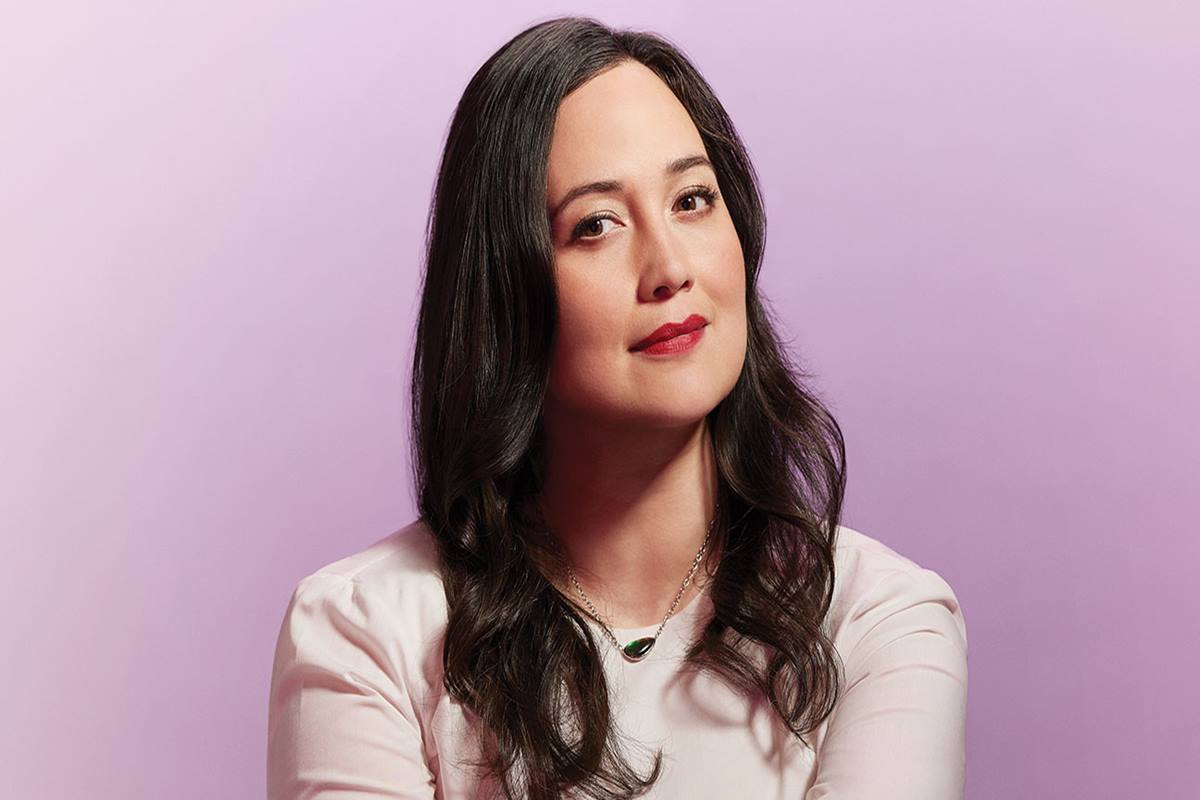Emmys 2024: Indigenous talent shines with historic nominations
Discover the groundbreaking nominations of Lily Gladstone and Kali Reis at the 2024 Emmys, marking a milestone for Indigenous representation in television.
Explore Lily Gladstone’s empowering journey as she adopts she/they pronouns to challenge gender norms, drawing inspiration from her Indigenous heritage and sparking a conversation on decolonizing gender.

Image Source: Instagram
In a recent interview with People, Lily Gladstone, renowned for her role in “Killers of the Flower Moon,” opened up about her decision to embrace she/they pronouns as a means of connecting with her Indigenous heritage. Hailing from Blackfeet and Nez Perce ancestry, Gladstone’s upbringing on a Native American reservation until the age of 10 profoundly influenced her perspective on gender expression.
The 37-year-old actor reflected on her childhood experiences, recounting moments of dismay as she witnessed her frequently misgendered boy cousins frequently due to their choice to wear long hair. “It happens to a lot of kids. I think, especially Native boys … getting teased for it,” Gladstone shared. At the tender age of 9, she began contemplating the idea that everyone should simply call themselves “they,” a sentiment rooted in the cultural context of her Indigenous heritage.
Advertisement
Gladstone highlighted that many Indigenous languages exclusively use “they” pronouns, emphasizing the rich linguistic diversity that informs her understanding of gender. In the Blackfeet community, she pointed out that individuals often imply their gender through their names. Intriguingly, Gladstone shared a personal anecdote about her grandfather, who bore the name “Iron Woman” despite his gender. While not strictly nonbinary, he embodied qualities associated with women who carried that name, challenging conventional gender norms within the Indigenous context.
Advertisement
The actor passionately expressed her commitment to decolonizing gender, framing her pronoun usage as a personal journey of self-discovery and reclamation. In her words, she aims to challenge and reshape societal perceptions surrounding gender roles, drawing from the rich tapestry of Indigenous cultural practices that defy binary categorizations.
Gladstone’s revelation sheds light on the intersection of cultural heritage and personal identity, offering a glimpse into the diverse perspectives that shape our understanding of gender. As she navigates the intricacies of pronoun use, Lily Gladstone invites us to contemplate the broader implications of language and representation, fostering a more inclusive and nuanced dialogue surrounding gender within the broader cultural landscape.
Advertisement